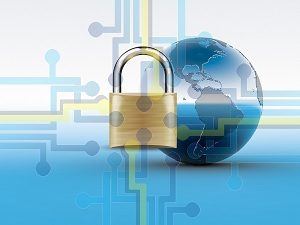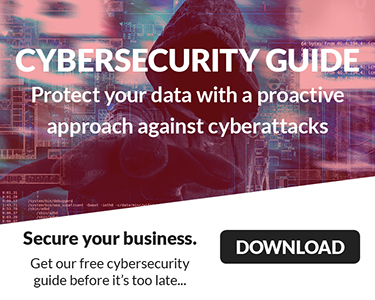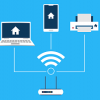 Because of the corona-virus crisis many people are finding themselves working from a home office, attending school at their kitchen table, or worshiping from their couch. The good news is that technology has made all of this possible with videoconferencing sites such as Zoom. The bad news is that both amateur hackers and professional cyber-criminals have targeted these sites. These hackers have become such a problem that the FBI is now involved.
Because of the corona-virus crisis many people are finding themselves working from a home office, attending school at their kitchen table, or worshiping from their couch. The good news is that technology has made all of this possible with videoconferencing sites such as Zoom. The bad news is that both amateur hackers and professional cyber-criminals have targeted these sites. These hackers have become such a problem that the FBI is now involved.
What could go wrong?
Uninvited guests can "Zoom-Bomb" meetings by hijacking your microphone or webcam. A hacker could send a message to the chat in your meeting that contained a link that, if opened, would install malware on that user's computer. A cyber-criminal could glean credentials from the attendees of a meeting and use those to gain access to Windows computers on a corporate network. If your using a Mac, then there is a way for hackers to gain access to a banking app and control it.
These problems are not just seen on Zoom; any videoconferencing or communication platform has the potential to be hacked if you are not practicing good cyber-security measures at work or at home.
Tips to control your videoconferencing meetings:
- Update! Make sure all participants have the latest version of the software.
- Don't make meetings or classes public. Require a password or put participants in the waiting room before admitting them.
- Invite with care. Send links directly to participants. Don't share on social media.
- Lock the door. Once all participants are present close the meeting to newcomers.
- Limit screen sharing and chatter. This will prevent the delivery of unwanted messages.
- Remove the uninvited. An uninvited guest can be removed and then blocked from re-joining.
As with anything done on the internet, ALWAYS be careful!
If you have questions about videoconferencing, working from home, or anything technology related, then please contact us at Sublime Computer Services. We are happy to help!










